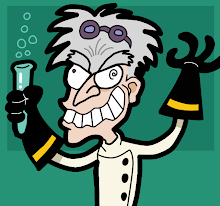from what I have experienced students absolutely look forward to doing practical but before a practical is done the objectives have to be clear otherwise the student wont understand the concept of the practical. At the end of each practical question are given to answer by the students to check if learning had taken place.
Certain classes have to include differentiation when doing practical this is due the learners having behavioral, learning and physical disability. Therefore extra support work and special equipment need to be ordered in.
Typical practical I use with the questions in at the end:


Science practical do have their disadvantages if their used badly it can result in boredom and confusion within the learners like Petty states "Research shows even directly after completing a conventional practical exercise, many learners cannot say what they did, why they did it, or what they found out!" Petty (2004, p.206)
Using scientific equipment can be a problem for certain learners due to not being familiar with the equipment therefore to combat the problem a practical demonstration would be effective, discussions, use of videos and teacher talking through the practical.
Students may not understand the concepts and principles behind the experiment and may just follow the experimental methods. Before they do that fire questions at them ask the learners what they expect and at the end compare results and have discussions on the findings.
Petty, G. (2004) Teaching Today: A Practical Guide. 3rd Ed, Cheltenham: Stanley Thornes


No comments:
Post a Comment